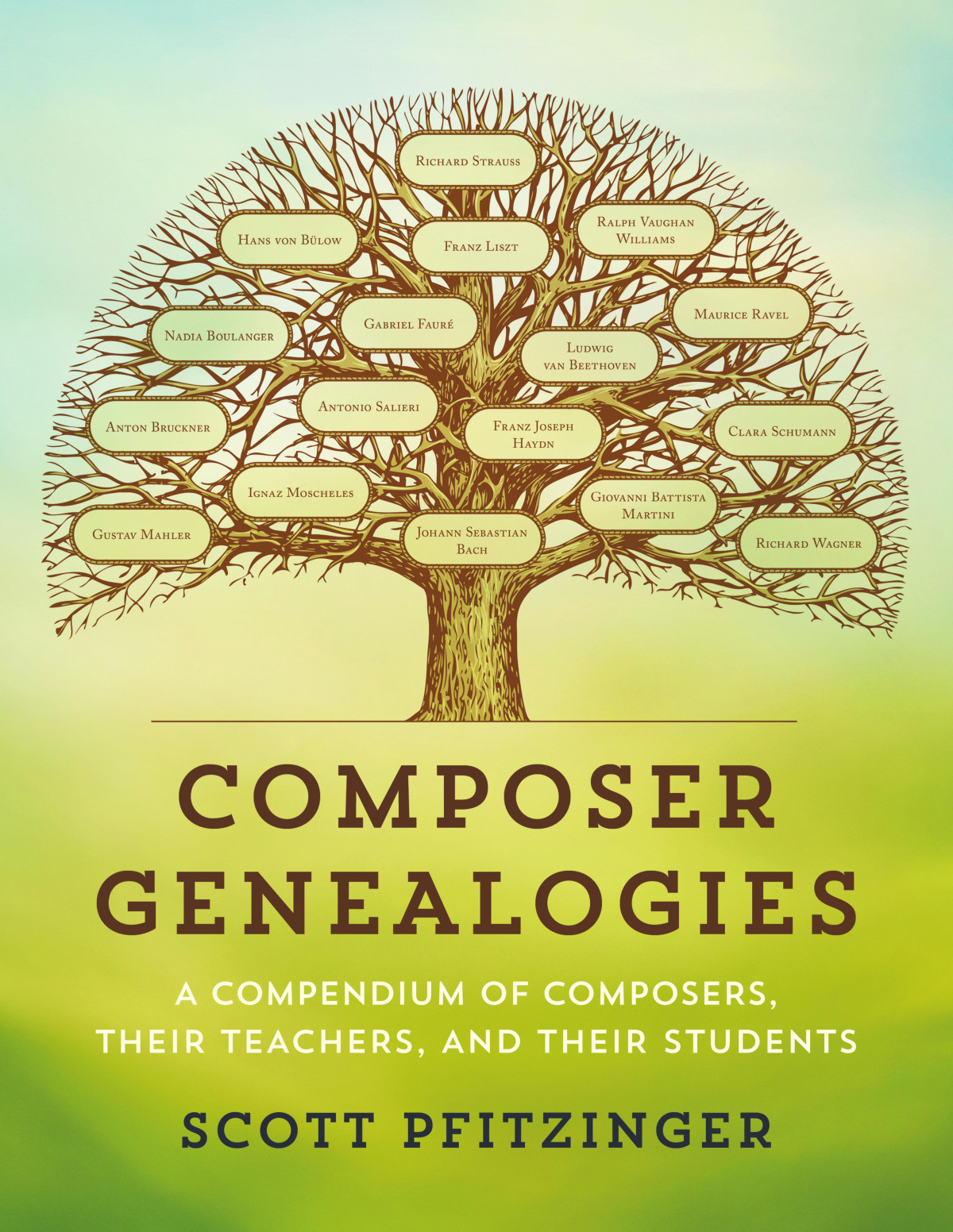

Most ebook files are in PDF format, so you can easily read them using various software such as Foxit Reader or directly on the Google Chrome browser.
Some ebook files are released by publishers in other formats such as .awz, .mobi, .epub, .fb2, etc. You may need to install specific software to read these formats on mobile/PC, such as Calibre.
Please read the tutorial at this link: https://ebookbell.com/faq
We offer FREE conversion to the popular formats you request; however, this may take some time. Therefore, right after payment, please email us, and we will try to provide the service as quickly as possible.
For some exceptional file formats or broken links (if any), please refrain from opening any disputes. Instead, email us first, and we will try to assist within a maximum of 6 hours.
EbookBell Team

5.0
20 reviewsThroughout the western classical tradition, composers have influenced and been influenced by their students and teachers. Many musicians frequently add to their personal acclaim by naming their teachers and the lineage through which they were taught. Until now, the relationships between composers have remained uncataloged and understudied, but with enough research, it is possible to document entire schools of composition. Composer Genealogies: A Compendium of Composers, Their Teachers, and Their Students is the first volume to gather the genealogies of more than seventeen thousand classical composers in a single volume. Functioning as its own fully cross-referenced index, this volume lists composers and their dates, followed by their teachers and notable students. A short introduction presents the parameters by which composers were selected and provides a survey of the literature available for further study. Gathering records and information from reference books, university websites, obituaries, articles, composers' websites, and even direct contact with some composers, Pfitzinger creates a valuable resource for music researchers, composers, and performers.